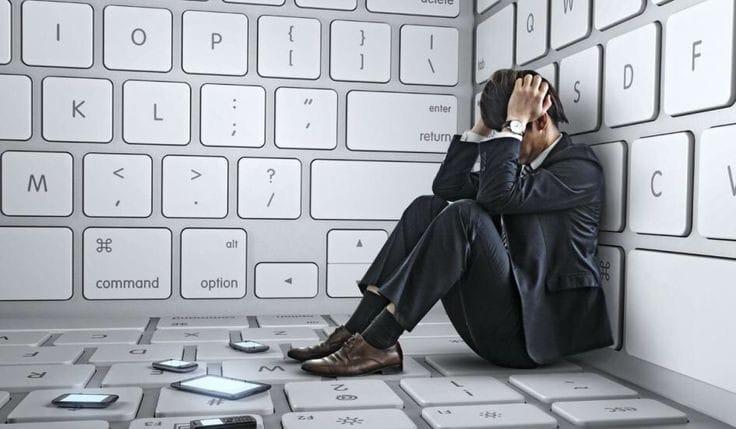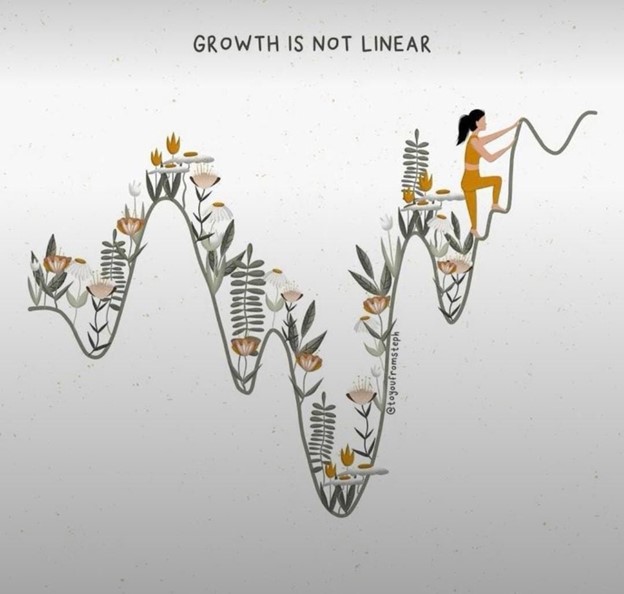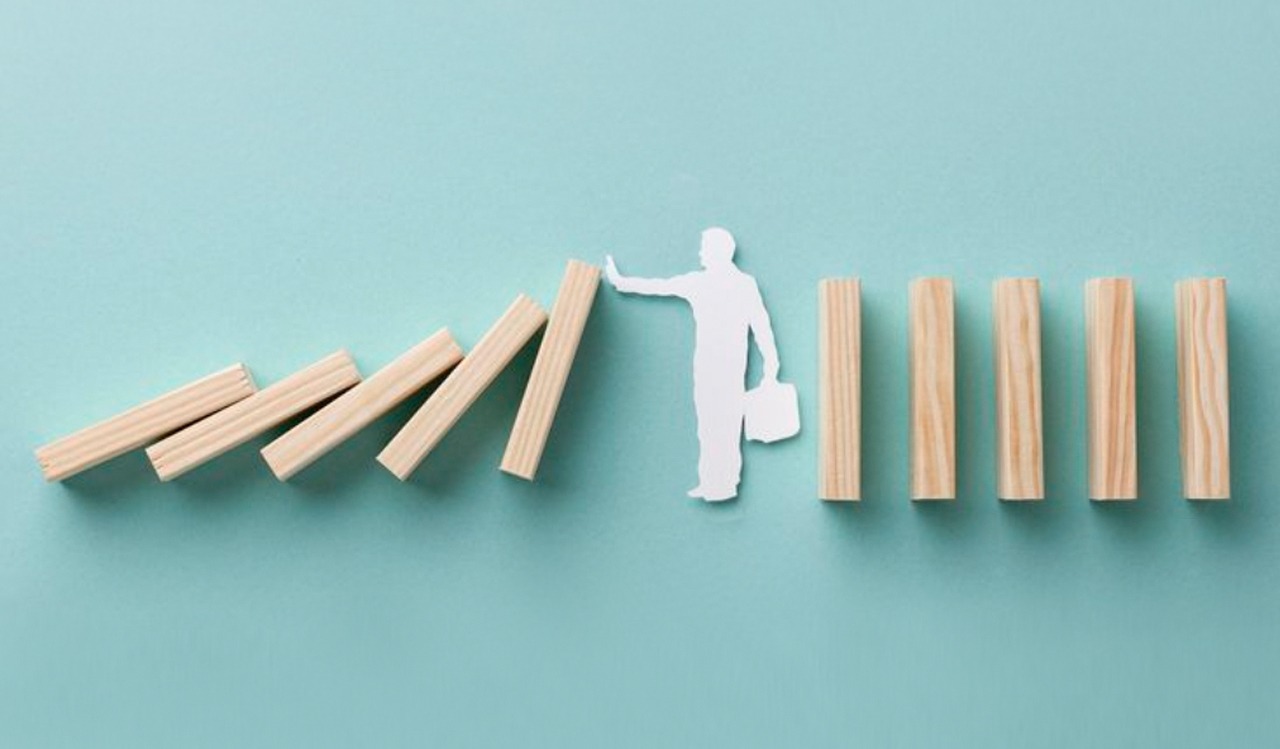Dr Asma Naheed
Are you caught in the vortex of social media, using it to ease your stress, only to find it worsening your anxiety? You’re not alone. Studies have shown that higher screen time is linked to anxiety and depression, with social media being a significant contributor.
The Vicious Cycle
Many studies have shown that higher screen time is linked to anxiety and depression. Anxious individuals often turn to social media for relief, but this temporary escape only reinforces the cycle. The constant stream of information, likes, followers, and comments drives unhealthy comparisons, draining our positive energy. This digital overload affects not only our mental health but also our physical well-being, leading to chronic stress, brain inflammation, and hormonal imbalances.
The Impact on Young Minds
Social media overload is particularly detrimental for teens and adolescents, who compare themselves to the highlight reels of others, leading to feelings of depression and negativity.
Managing Digital Overload
While we can’t completely turn off digital platforms, we can take steps to manage digital overload:
– Unplug for a few hours daily
– Turn off notifications
– Practice mindful meditation and walking
– Be selective and prioritize information
– Set limits for digital interactions and social media surfing
– Take breaks and sit in nature
Breaking Free
It’s time to break the cycle of anxiety and screen time. Be kind to your brain, and take control of your digital consumption. By setting boundaries and finding balance, you can reduce your anxiety and improve your overall well-being.
In today’s digital age, it’s essential to acknowledge the impact of screen time on our mental health. By understanding the risks and taking steps to manage digital overload, we can create a healthier relationship with technology and reduce anxiety. Remember, sometimes it’s healthy to be lazy, do nothing, and sit in nature – your brain will thank you.







